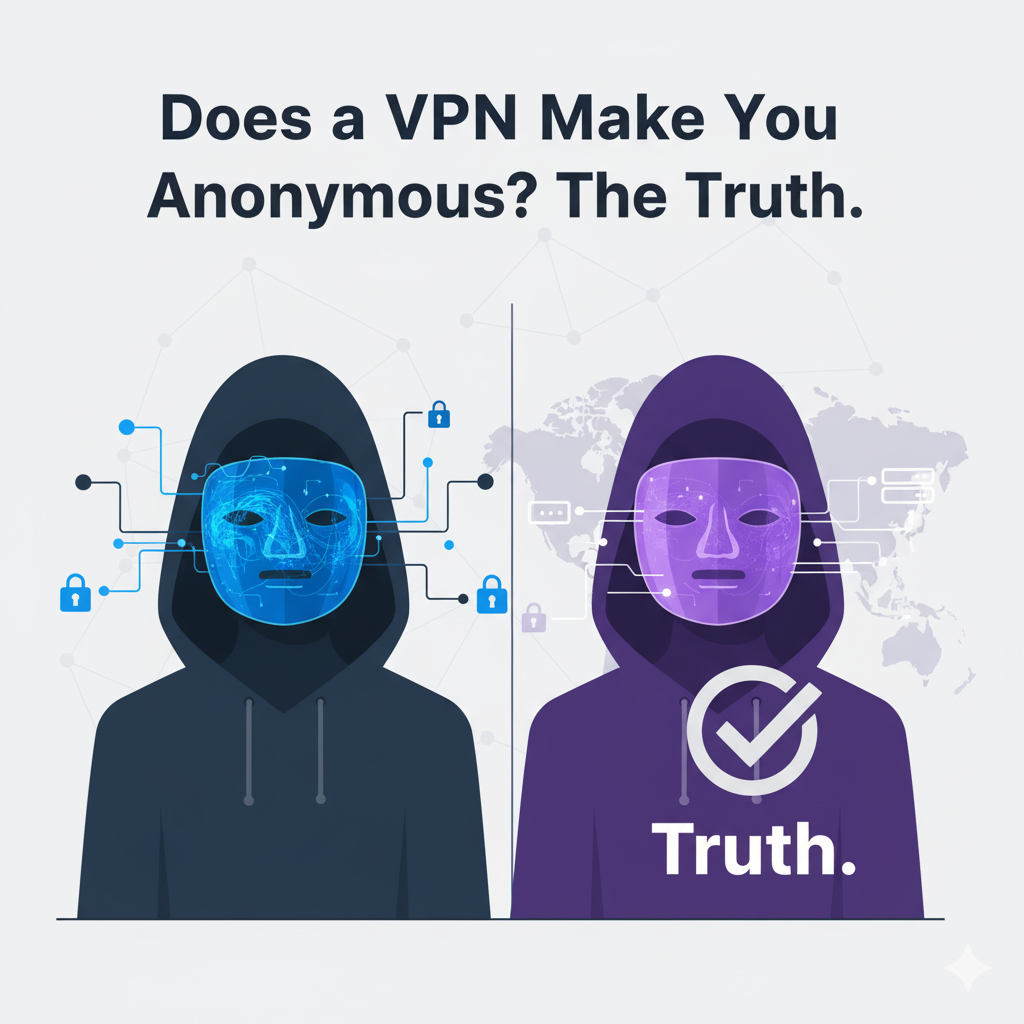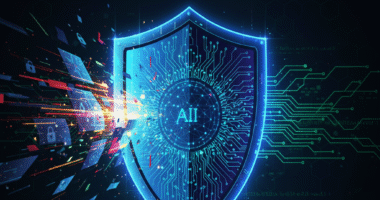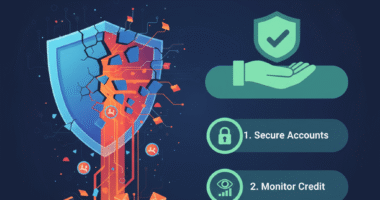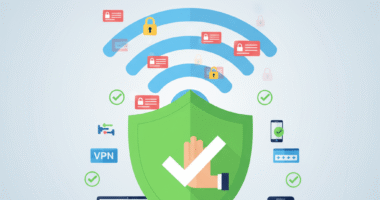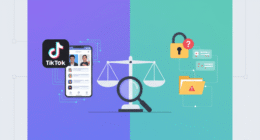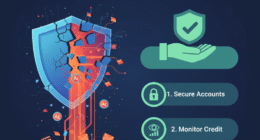In the search for online privacy, you have probably heard the same piece of advice over and over: “get a VPN.” Virtual Private Networks are often marketed as the ultimate solution for online anonymity, a digital cloak of invisibility that hides your every move. But is that really true? Does using a VPN actually make you completely anonymous online? The honest answer is a bit more complicated than a simple “yes” or “no.” This guide, therefore, will cut through the marketing hype. We will give you a clear, realistic look at what a VPN does, what it does not do, and what it truly means for your digital privacy.
What a VPN Actually Does (The “Secure Tunnel” Analogy)
To understand its limits, we first need to understand what a VPN is designed to do. At its core, a VPN creates a secure, encrypted connection between your device and a server operated by the VPN provider. Think of it like a private, armored tunnel for your internet traffic.
Normally, when you visit a website, your Internet Service Provider (ISP), like Comcast or Verizon, can see which sites you visit. However, when you connect to a VPN, all your traffic goes through this secure tunnel. Your ISP can see that you are connected to a VPN server, but it cannot see the specific websites you are visiting. In short, it hides your activity from your local network and your ISP.
How a VPN *Increases* Your Privacy
While not a magic bullet for anonymity, a quality VPN does provide two huge privacy benefits.
Firstly, it hides your real IP address. Your IP address is like a digital street address for your device, revealing your general physical location. When you use a VPN, websites and online services see the IP address of the VPN server instead of your own. This is a massive step up for your privacy. Secondly, it encrypts your data. This is especially important when you are using public Wi-Fi, like at a coffee shop or airport. Without a VPN, a hacker on the same network could potentially snoop on your activity. With a VPN, your connection is scrambled and secure.
The Limits of Anonymity: What a VPN *Doesn’t* Do
This is where the common myths about VPNs begin to fall apart. A VPN is powerful, but it does not make you invisible. Here are the things it cannot protect you from:
- Website Cookies and Trackers: Once you are on a website, it can still use cookies to track your activity on its pages. If you log into an account, like Google or Facebook, that site obviously knows who you are, regardless of your IP address.
- Browser Fingerprinting: Websites can also identify you through your browser’s unique configuration, such as your installed fonts, screen resolution, and browser extensions. This creates a “fingerprint” that can be used to track you even without cookies.
- The VPN Provider Itself: This is the most important limitation. Your VPN provider can, in theory, see your online activity because your traffic is passing through their servers. This is why choosing a trustworthy provider is absolutely critical.
So, Does a VPN Make You Anonymous? The Honest Answer
No. Using a VPN alone does not make you anonymous. True anonymity online is incredibly difficult to achieve and requires a complex set of tools and practices. A VPN is a powerful tool for privacy, but it is not an anonymity tool. The key is understanding the difference between these two concepts.
The Key Difference: Privacy vs. Anonymity
Think of it this way. **Privacy** is like having curtains on your windows. People outside cannot see what you are doing inside your house. This is what a VPN provides. It shields your online activity from your ISP and others on your local network. **Anonymity**, on the other hand, is like walking around town without anyone knowing who you are at all. A VPN does not do this. Websites and services you log into still know who you are.
Choosing a VPN That Respects Your Privacy
Since your VPN provider sits at a critical point in your connection, choosing a trustworthy one is the most important decision you will make. The single most important feature to look for is a strict **”no-logs” policy**. This means the provider does not keep any records of your online activity. Ideally, this policy should be verified by an independent, third-party audit. As the privacy experts at the Electronic Frontier Foundation (EFF) advise, you should always do your research before choosing a provider.
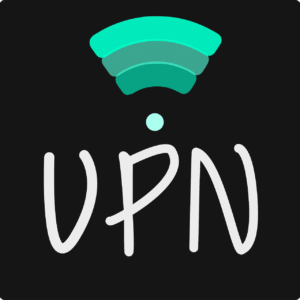
Conclusion: A Crucial Tool for Privacy, Not a Cloak of Invisibility
In conclusion, while a VPN does not make you anonymous, it is still one of the most essential tools you can use to protect your digital privacy. It provides a vital layer of security and privacy by hiding your IP address and encrypting your data. The key is to have realistic expectations. A VPN is not a magic cloak of invisibility. Rather, it is the digital equivalent of drawing the curtains. It is a powerful, practical step towards taking back control of your online life.
Ready to Boost Your Online Privacy?
Based on our research, we recommend these reputable VPNs with audited no-logs policies:
Share this article to help your friends and family understand the truth about VPNs!
